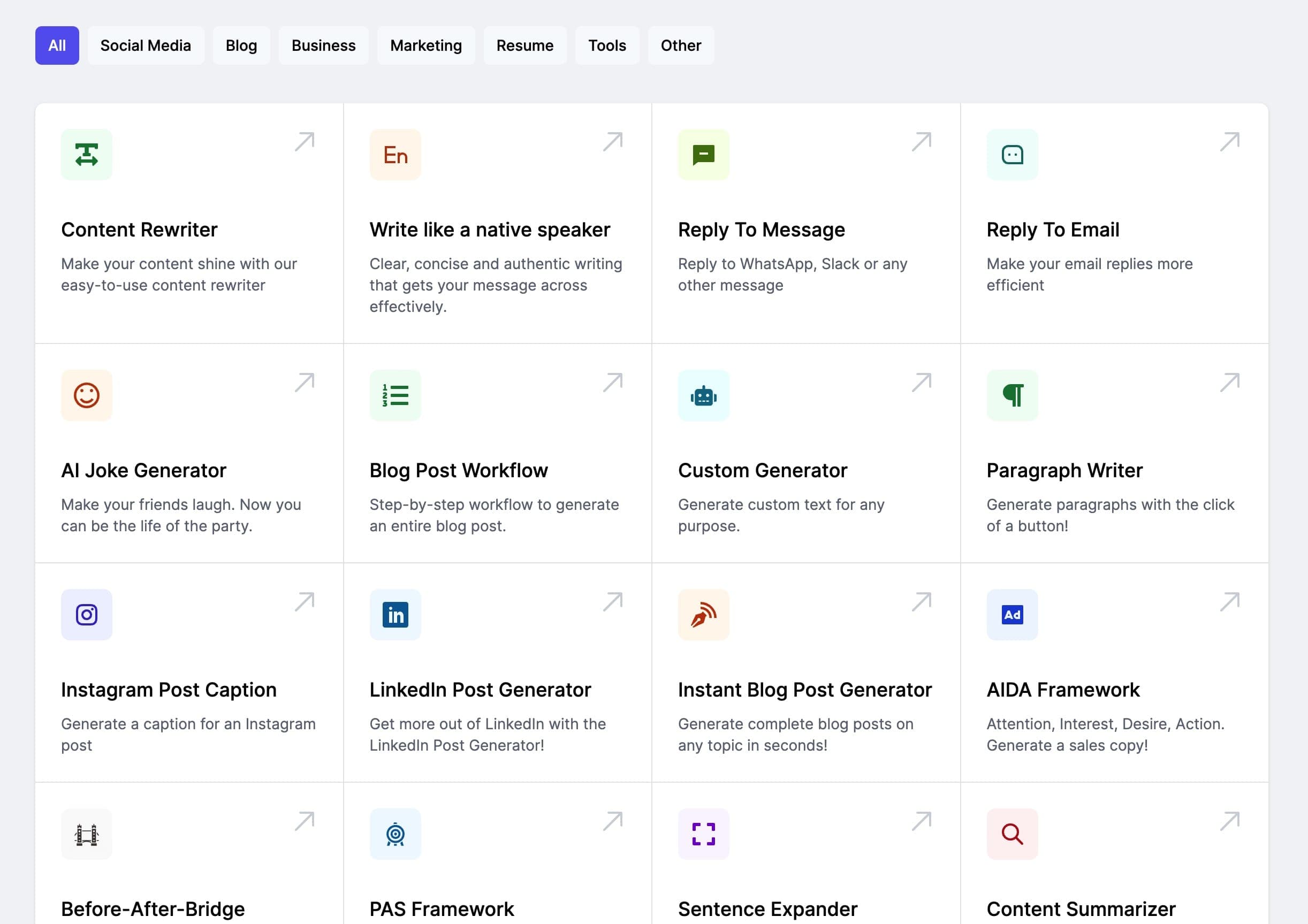AI Speech Generators
How are AI speech generators revolutionizing the fields of linguistics and communication?
To what extent can AI speech generators accurately mimic human tonality and emotion?
What are the ethical implications of AI speech generators, particularly in the context of deepfakes and misinformation campaigns?
How could AI speech generators potentially redefine text-to-speech technology for individuals with speech and language impediments?
How are AI technologies like GPT-3 pushing the boundaries of synthesizing human-like speech?
Can AI speech generators contribute to preserving dying languages or reviving extinct ones?
Will AI speech generators ever be able to completely replicate the complexities and nuances of human speech, such as dialects, accents, and colloquialisms?
How might the development of AI speech generators alter the way we educate or train in language learning?
What potential security risks could arise from the widespread use of AI speech generators and voice synthesis technology?
As AI speech generators become more advanced, how will this impact industries like customer service, entertainment, and advertising?
Could AI speech generators play a role in the future of storytelling and writing?
How can we ensure that AI speech generators are used responsibly and ethically as the technology progresses?
What are the major challenges facing current AI speech generator technology, and what advancements can we expect in the near future?
How does the rise of AI speech generators impact job markets, particularly for professions like voice actors and linguists?
Can AI speech generators help bridge communication gaps between different languages, or could it contribute to a homogenization of language?
How have advancements in machine learning and neural networks contributed to the sophistication of AI speech generators?
What potential role could AI speech generators play in the growth of virtual and augmented reality technologies?
Could AI speech generators lead to a future where text-based communication is less prevalent?
To what degree can AI speech generators contribute to accessibility in digital content?
How are researchers addressing bias in AI speech generators, particularly in the context of language use and representation?
